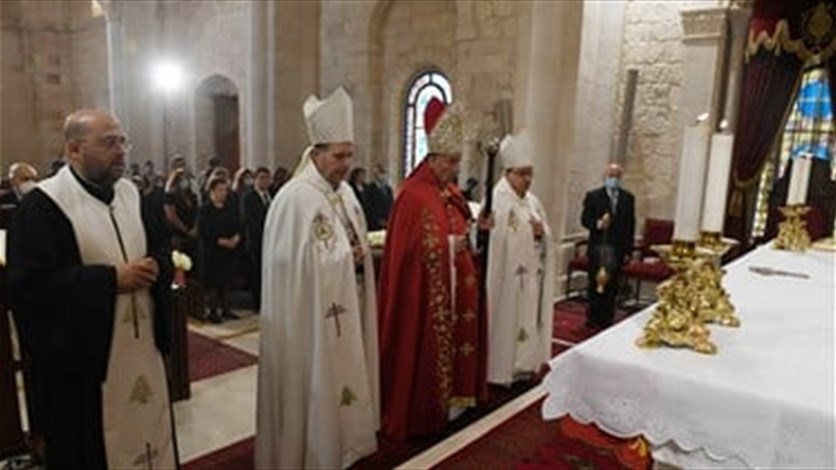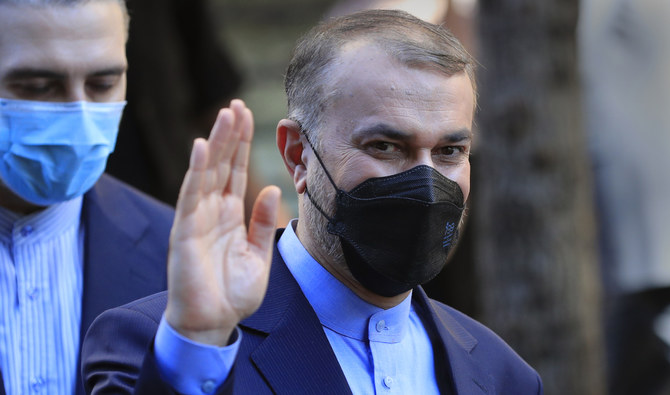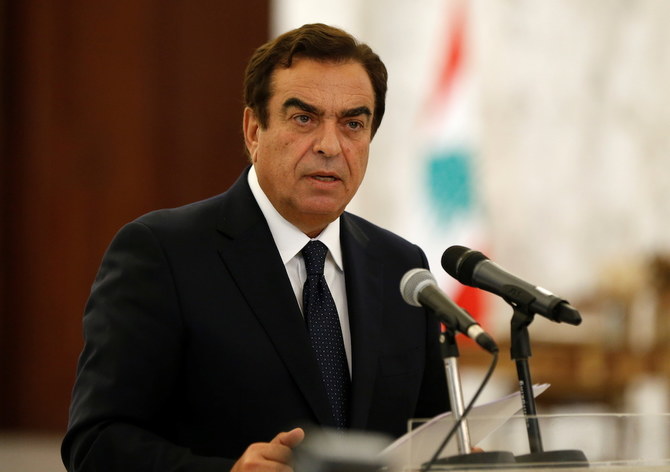
by lbcgroup.tv — Maronite Patriarch Cardinal Bechara Boutros Al Rahi appealed for a Lebanese and international surveillance of the electoral process starting today. Speaking in his religious sermon as he presided over Sunday Mass this morning, the Patriarch said: “While the people and friends of Lebanon want a better future for the country, we are keen on holding the parliamentary elections at their constitutional dates, so that changing the dates, amending the existing law, and circumventing the participation of expatriates do not become excuses that threaten the holding of elections against the will of the people and the international community.” He added that “tampering with the issue of elections this time would lead to risks of unknown repercussions…
The people want the elections as an opportunity to change their painful reality, and a starting point for a new national life. The people want transparent and fair elections, far from political money that bets on people’s poverty to buy their votes and conscience. Therefore, we call, from now, for Lebanese and international monitoring of the electoral process.” Over the new government’s mission, the Patriarch said: “We are counting on the current government, especially on its head, who assured us, in his honorable visit yesterday, of his determination to work to overcome the many obstacles that would confront his cabinet, and to embark on the reform workshop immediately, without which there is no success, aid, or Arab and international solidarity.”







